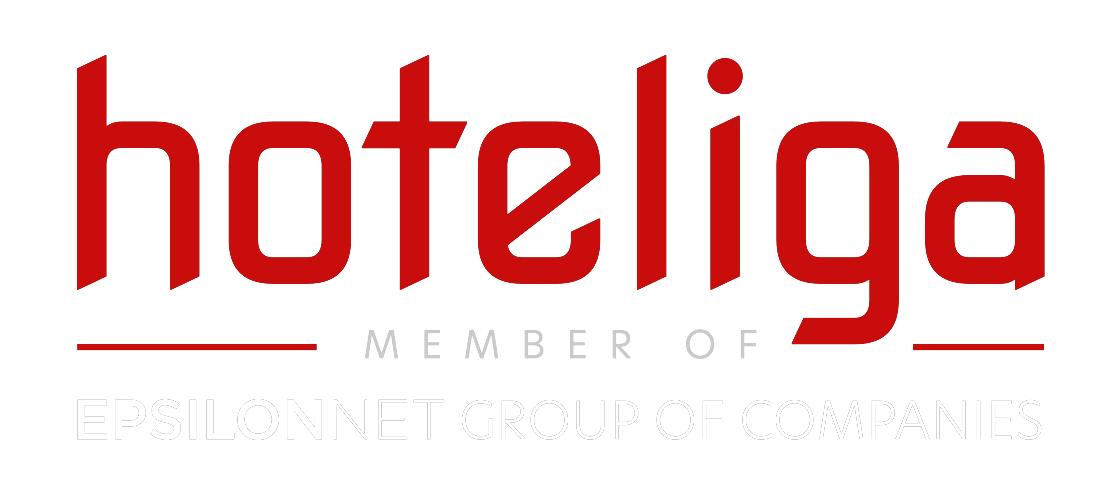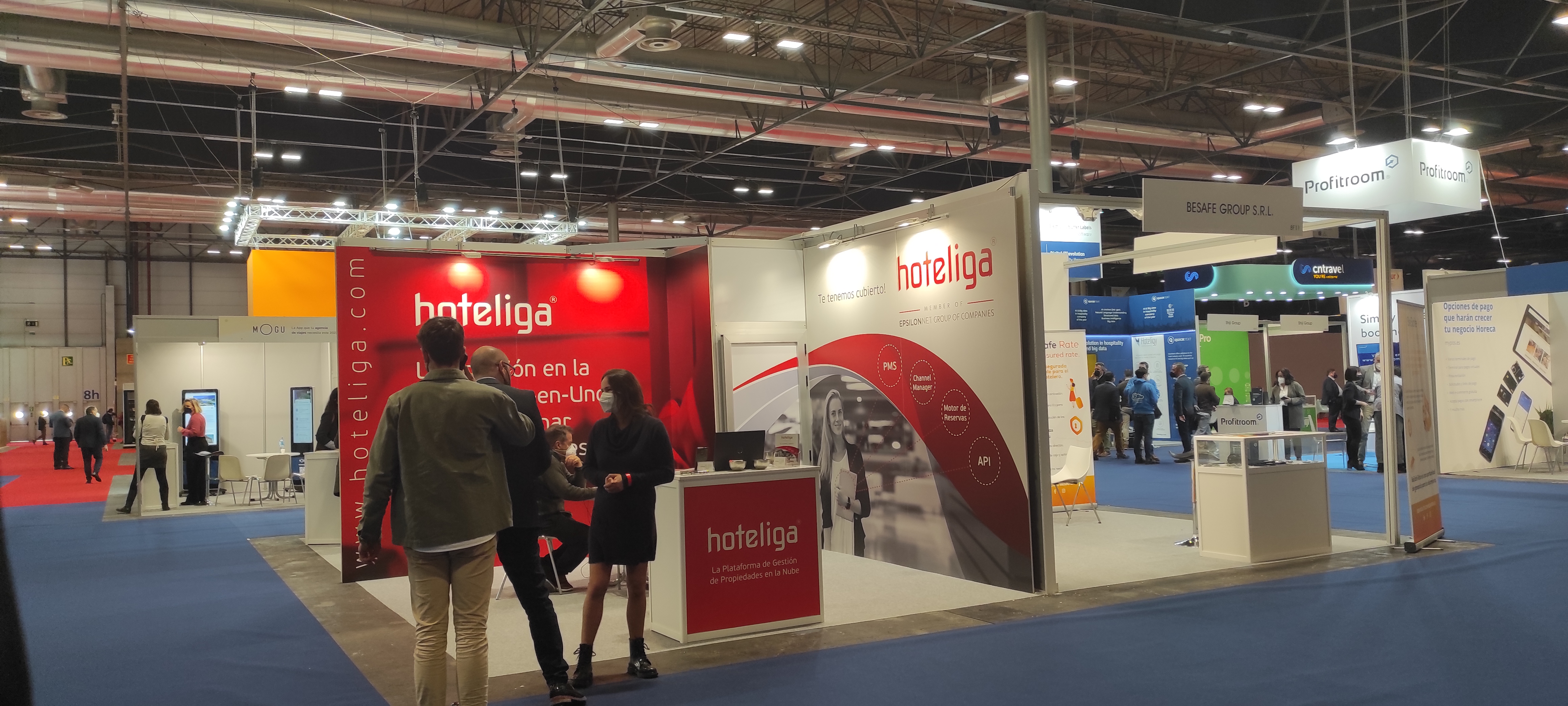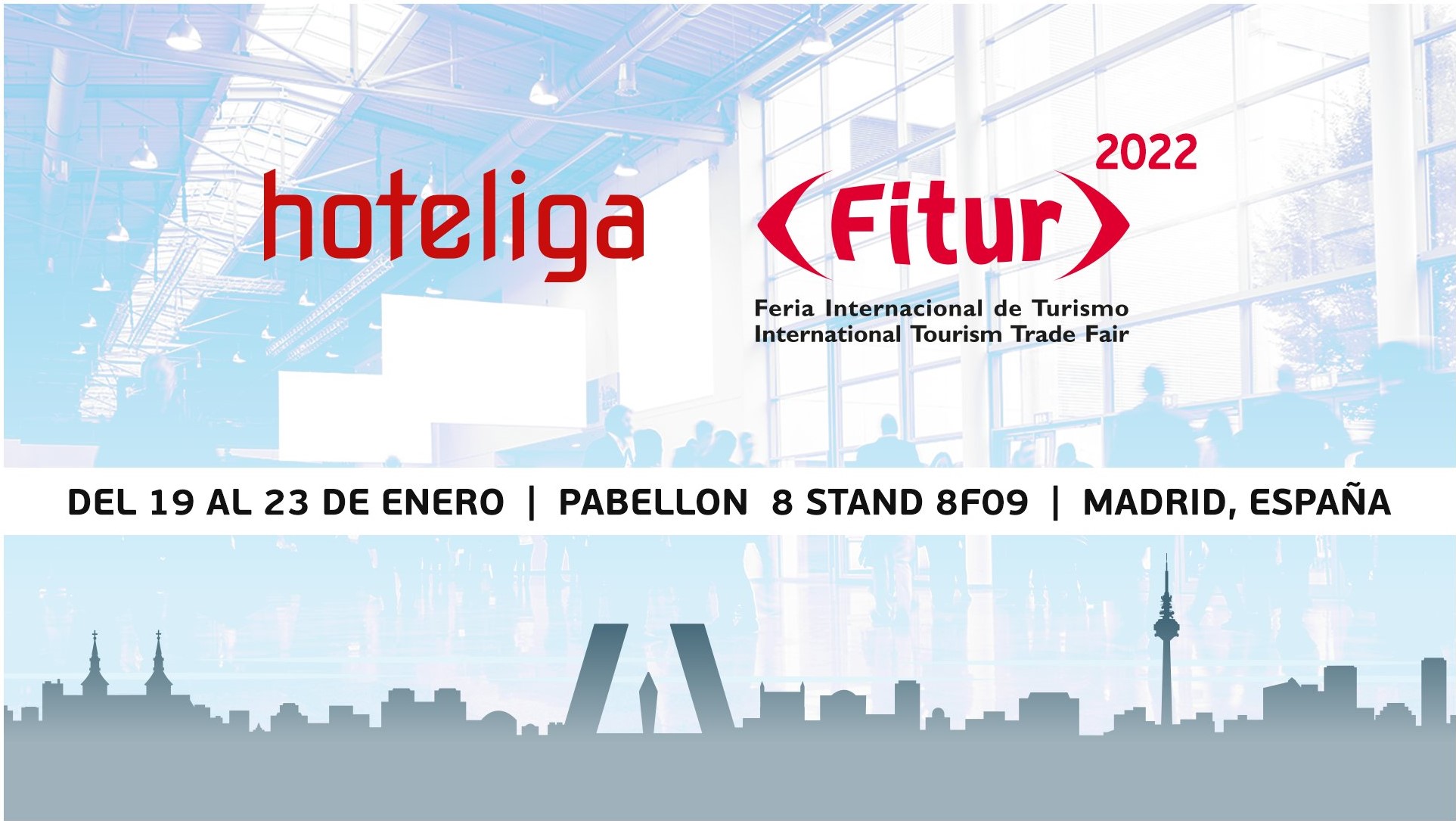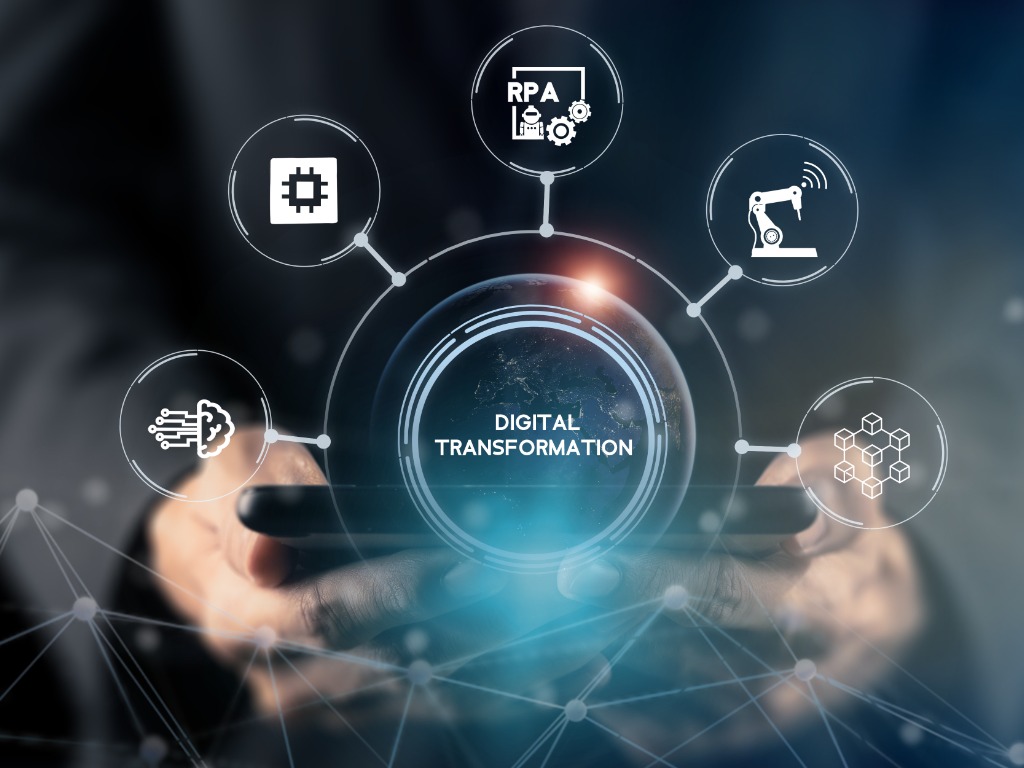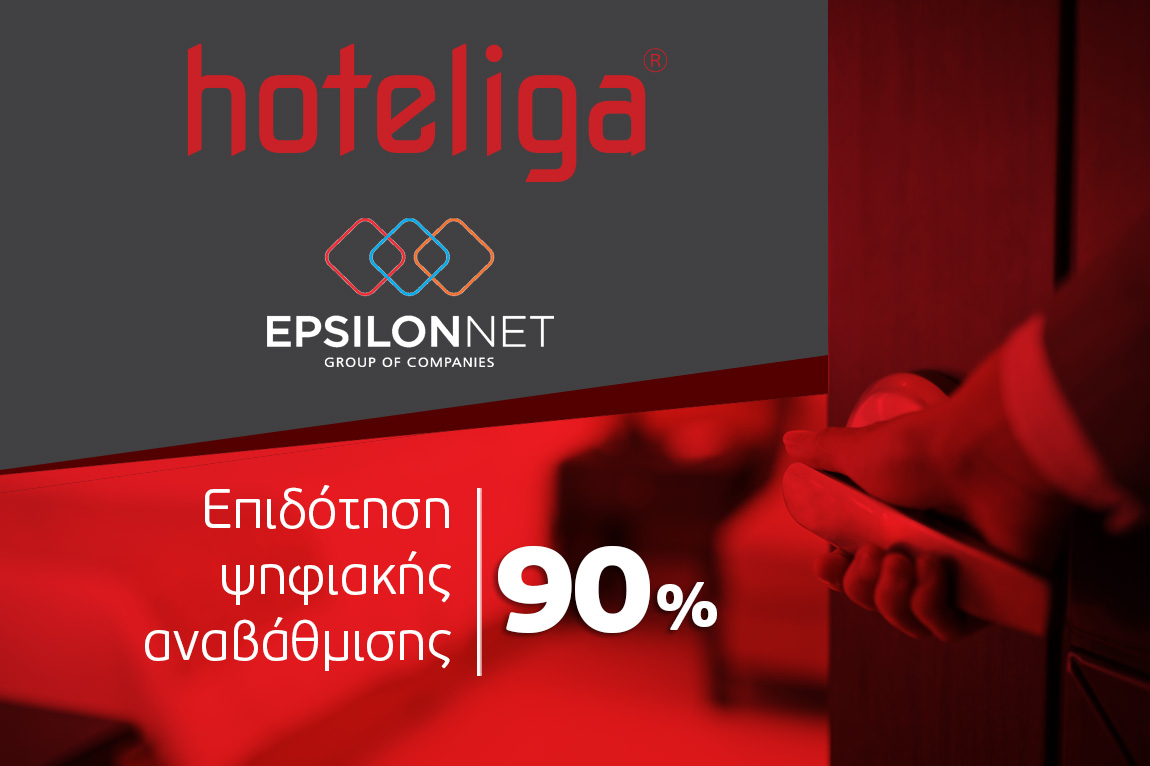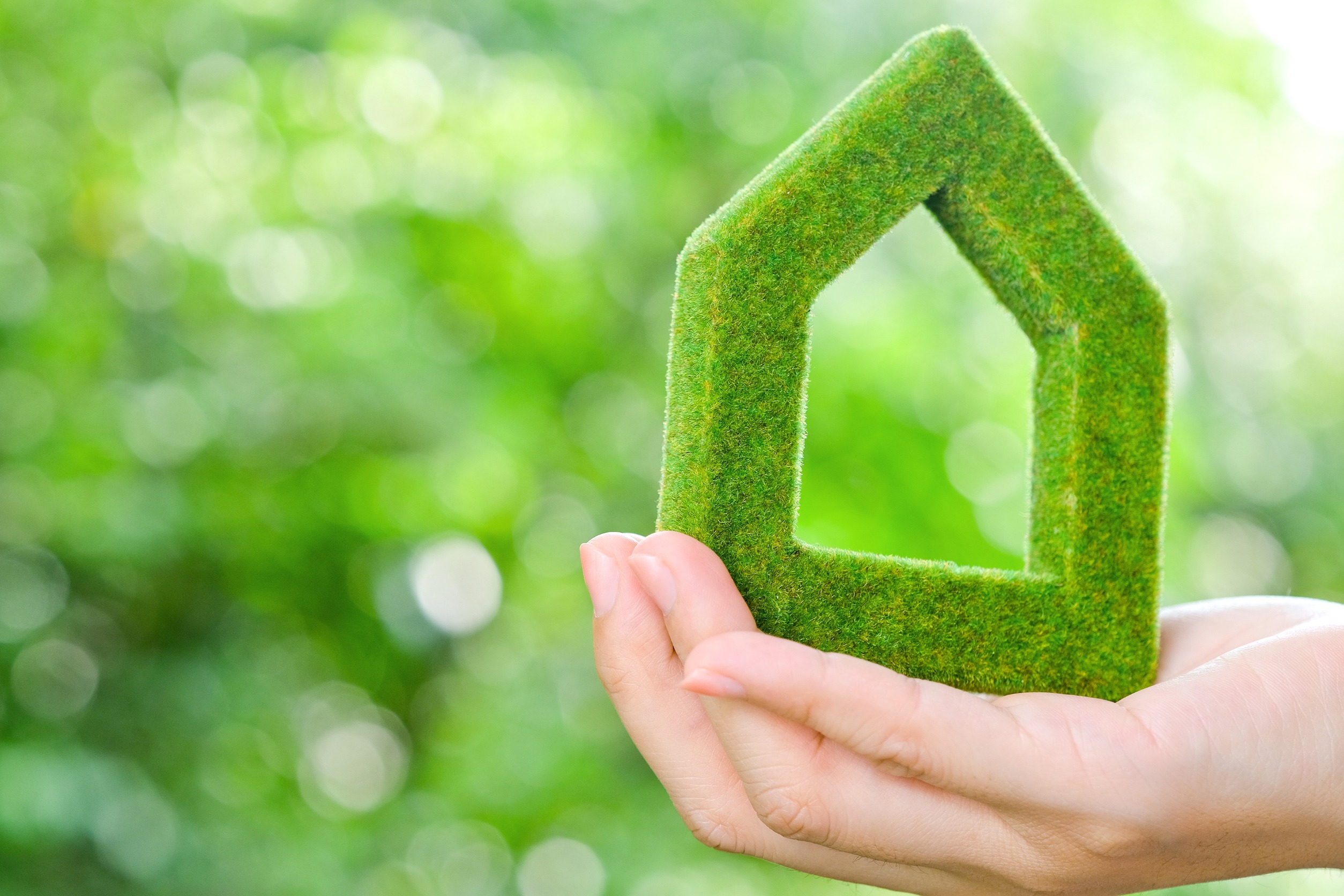
Eco-friendly Hotel Practices: Embracing Digital Solutions
In the hospitality industry, sustainability is rapidly becoming a cornerstone of hotel management, reflecting a commitment to the environment and the expectations of environmentally conscious guests.
As part of this green transition, many hotels are adopting eco-friendly practices that include reducing paper waste through the integration of digital tools. Central to these digital advancements are PDF management tools, which play a pivotal role in eco-friendly operations. Staff needs to learn how to merge PDF files, how to split pdf pages , basics of digital annotation and PDF encryption. These tools allow for the consolidation of information, ease of sharing, and secure storage, all while minimizing paper use.
By integrating these varied PDF management techniques, hotels can significantly bolster their eco-friendly initiatives, aligning operational excellence with environmental stewardship. This digital transformation is marked by a shift from traditional paper-based systems to advanced software solutions, aligning operational efficiency with ecological responsibility.
Implementing digital solutions, however, goes beyond guest-facing services and permeates various aspects of hotel operations. From the use of digital communication platforms to manage housekeeping to the deployment of energy management systems, hotels are embracing a range of technologies to support eco-friendly initiatives. In doing so, they not only address immediate environmental concerns but also set new industry standards for responsible tourism and hospitality services.
Digital Adoption for Eco-Friendly Operations
Hotels are increasingly adopting digital tools to enhance energy management, regulate indoor climates, and streamline operations, all while conserving energy and fostering eco-friendly practices.
Integrating Energy Management Systems
Energy management systems (EMS) are pivotal in achieving energy conservation in hotels. They monitor energy consumption in real time, allowing facilities to identify peaks in usage and unnecessary waste. With this information, hotels can make data-driven decisions to optimize energy efficiency. An EMS typically includes sensors, meters, and software analytics, all working in concert to provide a comprehensive view of a property's energy profile.
Implementing Smart Thermostats and HVAC Controls
Every degree matters when it comes to HVAC systems. Smart thermostats facilitate precise control over heating, ventilation, and air conditioning, reducing energy usage by adapting to occupancy patterns. They can be programmed or remotely controlled to adjust settings, ensuring rooms are not heated or cooled unnecessarily when unoccupied. This not only leads to significant energy savings but also lengthens the lifespan of HVAC equipment through reduced wear and tear.
Utilizing Property Management Systems for Efficiency
Property management systems (PMS) are at the heart of a hotel’s operational efficiency. A robust PMS can streamline tasks such as check-in and check-out, maintenance requests, and room cleaning schedules, often resulting in a paperless environment. The strategic use of digital tools in PMS contributes to energy conservation by efficiently scheduling resources and avoiding energy waste through misallocation, ensuring that eco-friendly practices are not just an aspiration but a reality.
Waste Management Strategies
The key to effective waste management in the eco-friendly hotel industry lies in adopting comprehensive programs and practices that minimize waste production while diverting as much as possible from landfills. These programs offer tangible solutions to the pressing issue of waste in hotels.
Implementing Recycling and Composting Programs
Hotels can significantly reduce their waste footprint by setting up recycling and composting programs. By sorting recyclables such as paper, glass, and plastics, and directing organic waste to composting, hotels can divert substantial amounts of waste from landfills. Implementing clear signage and training for staff ensures these programs run efficiently.
- Benefits:Reduces waste, supports recycling industry, produces valuable compost
- Challenges:Requires staff training, consistent guest cooperation
Reducing Food Waste in Hotel Restaurants
Food waste is a major concern for hotel restaurants. Measures to tackle this issue include tracking waste to identify patterns, adjusting purchase orders to prevent excess, and creating innovative menu items from leftovers. These steps not only minimize waste but can also result in cost savings.
- Inventory Management:Regular review of stock levels
- Menu Planning:Designing dishes that use similar ingredients to reduce leftovers
Promoting Zero Waste Amenities and Services
Hotels can offer zero waste amenities and services by replacing single-use products with reusable alternatives and providing bulk dispensers for toiletries. Encouraging guests to use digital platforms for services that traditionally used paper can further reduce waste associated with printing.
- Amenities:Reusable water bottles, refill stations, bulk soap/shampoo
- Services:Digital check-ins/outs, electronic receipts, online room service menus
Sustainable Guest Experiences
Eco-friendly hotels are revolutionizing the guest experience by integrating digital tools to reduce paper waste and enhancing comfort through eco-conscious offerings. They aim for energy efficiency, water conservation, and use of organic products in their sustainability efforts, all of which translate into increased guest satisfaction.
Offering Paperless Check-In/Out and Digital Services
Many eco-friendly hotels have adopted paperless check-in/out processes, allowing guests to complete their arrival and departure formalities using digital platforms. This shift not only reduces the use of paper but also streamlines operations for efficiency. In-room services and hotel information are often available through in-room tablets or mobile apps, ensuring guests have access to everything they need with just a few taps on a screen.
- Digital Concierge:Easy access to booking excursions, spa appointments, and room service.
- Digital Key Cards:Use of smartphone technology to gain access to rooms, reducing plastic waste.
Educating Travelers on Sustainability Efforts
Hotels educate their guests on sustainability efforts not only to inform but also to involve them in their eco-friendly mission. Information about the hotel's energy-efficient measures, water conservation practices, and the usage of organic products is communicated through digital mediums, which empowers travelers to make informed decisions about their stay.
- Digital Information Packs:Sharing tips on how guests can contribute to conservation efforts during their stay.
- Eco-Stories:Display of the hotel's journey towards sustainability on digital channels, inspiring guests to support their mission.
Enhancing Guest Comfort with Eco-Friendly Products
The comfort of guests is paramount, and eco-friendly hotels ensure this by providing high-quality, organic products. Organic bedding, biodegradable toiletries, and other eco-friendly amenities not only underscore a commitment to the environment but promise a pure and natural experience for guests.
- Organic Linens:Use of organic cotton and bamboo fibers that are both comfortable and sustainable.
- Energy-Efficient Climate Control:Advanced thermostats that adjust room temperatures for optimal guest comfort using the least amount of energy possible.
By embracing technology and sustainable products, eco-friendly hotels are crafting a guest experience that prioritizes both comfort and environmental responsibility.
Minimizing Environmental Impact
Implementing eco-friendly hotel practices can greatly reduce environmental impact by conserving energy and water resources, contributing to carbon emissions reduction. Hotels focusing on these areas reduce their ecological footprint and often realize cost savings over time.
Adopting Renewable Energy Sources
Hotels are increasingly integrating renewable energy sources such as solar panels to power facilities, which significantly lowers CO2 emissions. By using solar energy, a renewable source, they decrease reliance on fossil fuels. The transition to solar power not only conserves energy but can also result in long-term financial savings.
- Environmental Impact:Reduced carbon footprint due to lower fossil fuel consumption.
- Energy Conservation:Solar panels provide a sustainable energy supply with minimal environmental degradation.
Utilizing LED Lighting and Low-Flow Water Fixtures
Switching to LED lighting is a straightforward step hotels take to conserve electricity and lower energy consumption.
Key Advantages:
- Increased energy efficiency, as LED lights use at least 75% less energy than incandescent lighting.
- Longer lifespan, leading to reduced waste and maintenance costs.
Low-flow water fixtures reduce water usage without sacrificing guest experience. They can be installed in showers, toilets, and sinks to cut down on water consumption.
- Water Savings:Significant reductions in water usage, which also results in decreased energy use for water heating and air conditioning systems.
- Carbon Emissions:Lower energy use for heating water translates to a reduction in associated carbon emissions.
